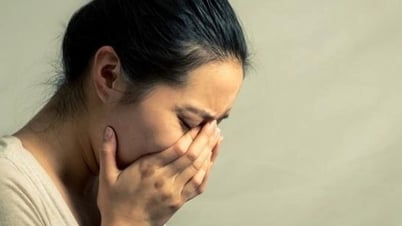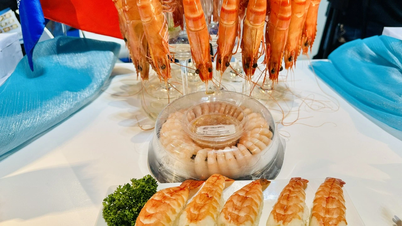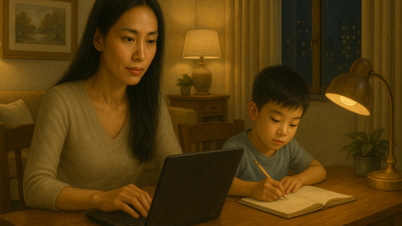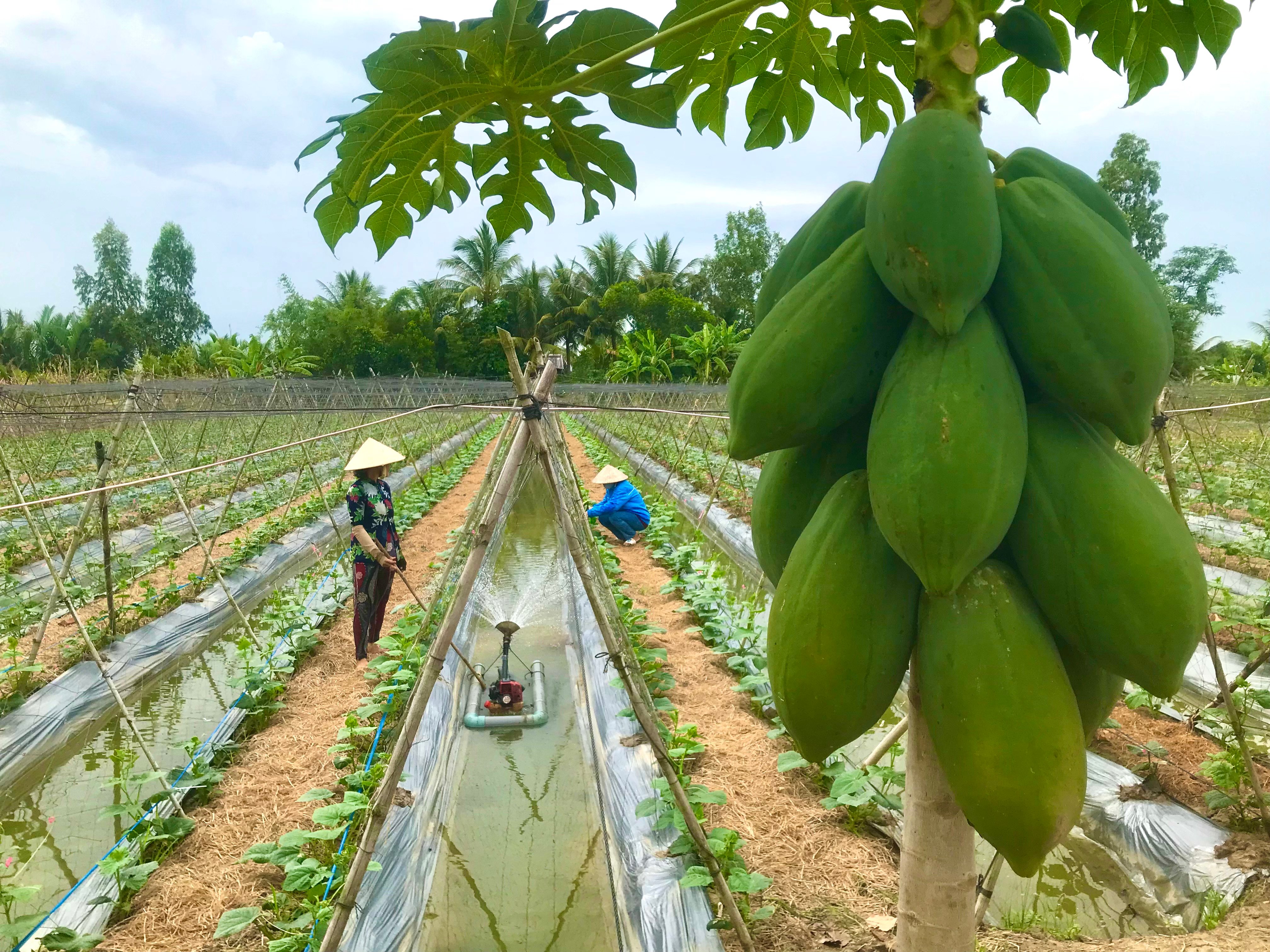Pharmacist Tran Thi Oanh, Pharmacy Unit, University of Medicine and Pharmacy Hospital, Ho Chi Minh City - Facility 3 said that in modern society, the fast pace of life, work pressure and the habit of excessive use of electronic devices are making insomnia a common and worrying problem.
According to the World Health Organization, about 30-40% of the global population suffers from sleep disorders, of which insomnia is the most common symptom. In Vietnam, recent surveys show that the rate of insomnia in adults can be up to 40-50%, especially in young people and people with intellectual jobs.
Causes and consequences of insomnia
There are several causes of insomnia such as work and study pressure, overuse of electronic devices (phones, computers, social networks) before bedtime, irregular living habits such as sleeping late, irregular eating. In addition, psychological problems such as anxiety, negative thinking, and depression also affect sleep quality.
Long-term consequences of insomnia can include memory loss, lack of concentration, decreased work performance, increased risk of cardiovascular disease, diabetes, depression, obesity; negative effects on quality of life and mental health
"Using sleeping pills or sedatives can bring quick results, but there are potential risks such as drug dependence if used long term. In addition, it can cause side effects such as rapid heartbeat, fatigue, dizziness, emotional disturbances, and liver and kidney failure. Therefore, patients should only use them under the direction and supervision of a specialist," pharmacist Oanh shared.

Lotus leaves have sedative effects and improve sleep quality.
ILLUSTRATION: AI
Natural herbal sedative teas help treat insomnia
Pharmacist Oanh said that therapies using natural herbal sedative tea are considered a safer method in supporting the treatment of insomnia, especially in mild to moderate cases.
Some common ingredients in common sedative teas and their medicinal uses:
Lotus leaf : Has the effect of calming the mind, sedating and aiding digestion. This medicinal herb is especially suitable for people with insomnia due to anxiety, prolonged stress or digestive disorders. Some studies also show that lotus leaf can help reduce cholesterol and stabilize the nervous system.
Vong leaves : A familiar folk medicine with sedative effects, mild sleep-inducing, helps relax muscles and calm the nervous system. Vong leaves are often used in cases of chronic insomnia, especially in the elderly or people who are often stressed.
Jujube seeds : In traditional medicine, jujube seeds have the effect of nourishing the mind, calming the nerves, and benefiting the spleen, and are often used to treat insomnia, anxiety, and forgetfulness. Modern research has also confirmed that jujube seeds contain active ingredients such as saponins and flavonoids that help stabilize the central nervous system, prolong sleep time, and improve sleep quality.
Notes when using
According to pharmacist Oanh, the use of herbal tea is considered a supportive method, especially suitable for the elderly, intellectual workers, pregnant women (if there is professional guidance); people who have difficulty sleeping but do not need medical treatment. However, this is only a supportive measure, not a substitute for insomnia treatment regimen. The effect will be better if combined with lifestyle changes such as reducing the use of electronic devices, increasing light exercise in the evening; managing stress, improving the sleeping environment such as light, temperature, noise, etc.
We can brew tea with boiling water, drink at least 1-2 hours before bed. Do not drink too close to bedtime to avoid affecting urination at night.
Source: https://thanhnien.vn/tac-dung-an-than-ho-tro-tri-mat-ngu-cua-la-sen-la-vong-185250606160120905.htm






















































































![[OCOP REVIEW] Tu Duyen Syrup - The essence of herbs from the mountains and forests of Nhu Thanh](https://vphoto.vietnam.vn/thumb/402x226/vietnam/resource/IMAGE/2025/6/5/58ca32fce4ec44039e444fbfae7e75ec)






Comment (0)